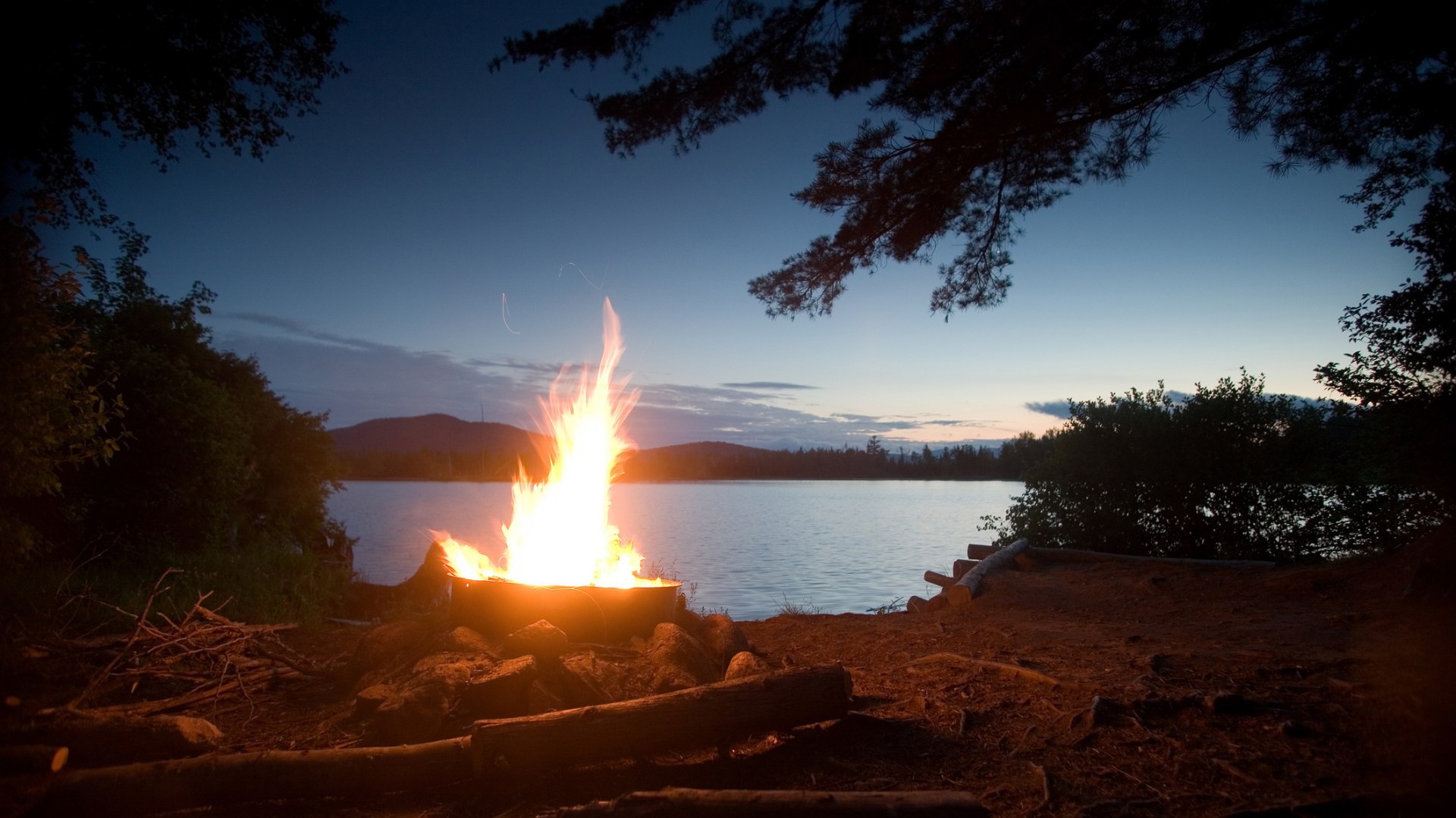I remember the precise moment I was jarred by the strange interplay between sexuality and spirituality.
Ten of us fifth-grade boys were having devotions at church camp, sitting on tree stumps, surrounded by the pines of the Colorado Rockies. Our counselor was Bob Frederich, my home church pastor. We were reading about God's covenant with Abraham.
I was puzzled. One key word was completely foreign to me.
"Pastor, what's 'circumcision'?"
He gulped, smiled, and said, "I'm glad it's just us guys here." Then he proceeded to offer a clear, anatomically accurate explanation.
We were shocked. Eeew! Really? Why that part of the anatomy?
My lasting impression, however, was not the shock of the definition's physical details. It was the calm way Pastor Frederich let us know that all of life, including every part of our bodies, is to be a part of our relationship with God. My spirituality took on a whole new dimension.
Years later, as I read the classic devotional literature, I was confronted with another fascinating linkage of sexuality and spirituality.
In the 1500s, pious writers such as Teresa of Avila described in graphic language the "consummation of spiritual nuptials" with Christ.
In her book The Interior Castle, she reports one such vision: "I saw a long spear in his hand and there seemed to be a little flame at the tip of it. This he seemed to plunge into my heart repeatedly, until it reached my very entrails. When he drew it out … it left me utterly afire with a great love for God. The pain was so great that it made me moan over and over, and the sweet delight into which that pain threw me was so intense that one could not want it to stop, or the soul be contented with anything but God."
Reading the mystics, at times it's hard to distinguish sexual from spiritual ecstasy.
Later in church history, the "camp meeting" was instrumental in evangelizing (and civilizing) the untamed American frontier. Yet these emotionally pitched events, combined with the rough backwoods crowd, heightened passions for something other than piety. Meeting organizers had to establish a "night watch" to patrol the woods and meetinghouses to keep illicit liaisons to a minimum. Even so, one observer cynically suggested that at some of the more boisterous camp meetings, "more souls were conceived than converted."
More recently, Margaret Evening, a missionary teacher, remarked in her book Who Walk Alone about "the strange phenomenon, observed by missionaries, of a higher incidence of sexual immorality following a religious revival."
"Fervent prayer," she observes, "often heightens our awareness and longing for love in all directions and not only Godwards.… Prayer not only expresses love but engenders it too."
Researchers who have studied the neurochemical processes in the human brain have noted that the passion leading to spiritual fervor and the passion leading to sexual activity stem from the same kind of physiological chemistry.
Though in distinct but parallel channels, spirituality and sexuality are separated by a wall thin enough for a strange osmosis to occur; the energies get mixed up.
Pastors today encounter this when a man claims, "God has given me a love for this woman" (even though the man is leaving his wife to be with her).
Male ministers see it in female counselees whose love for God is transferred into romantic feelings for the pastor, who represents godly warmth and acceptance.
The mysterious dynamic is also at work within church leaders. Even the noblest love—that desire "to make a difference in someone's life" that motivates us to effective ministry—can easily slide into a desire for people to appreciate what we're doing. And when we begin to enjoy connection and affirmation, it can shift ever-so-subtly in the wrong direction, which can lead, in turn, to emotional and physical entanglements.
And, we freely admit, pastors aren't always passive recipients of sexual overtures. There is always the temptation to misuse positions of spiritual influence to take advantage of an emotionally vulnerable person for personal gratification.
What are we to make of this strange relationship between spirituality and sexuality? Why has God designed us with both lofty longings and earthly urges? I think we'd all like to know more.
We're all acquainted with two heresies, polar opposites. The heretical gnostics, in the first two centuries A.D., focused solely on the spiritual and judged evil any bodily desire. A latter-day heresy, sensualism, far from seeing the body as "the soul's prison," instead ignores spiritual things and regards bodily pleasure as the chief end of man (and woman).
As Christians, especially as Christian leaders, we aim another direction: to embody the gospel, or, quoting Paul, "to glorify God in our bodies."
This is part of the challenge today in addressing the subject of sex. Our calling is not merely to lament today's sorry moral condition, nor is it to justify impurity.
The body—with all its parts—is the instrument by which we communicate God's truth. Our calling is to see sex as a vital part of life, part of ministry, part of the mystery of humanity that is to be both celebrated and brought under God's direction.
Copyright © 1988 by the author or Christianity Today/Leadership Journal. Click here for reprint information on Leadership Journal.










